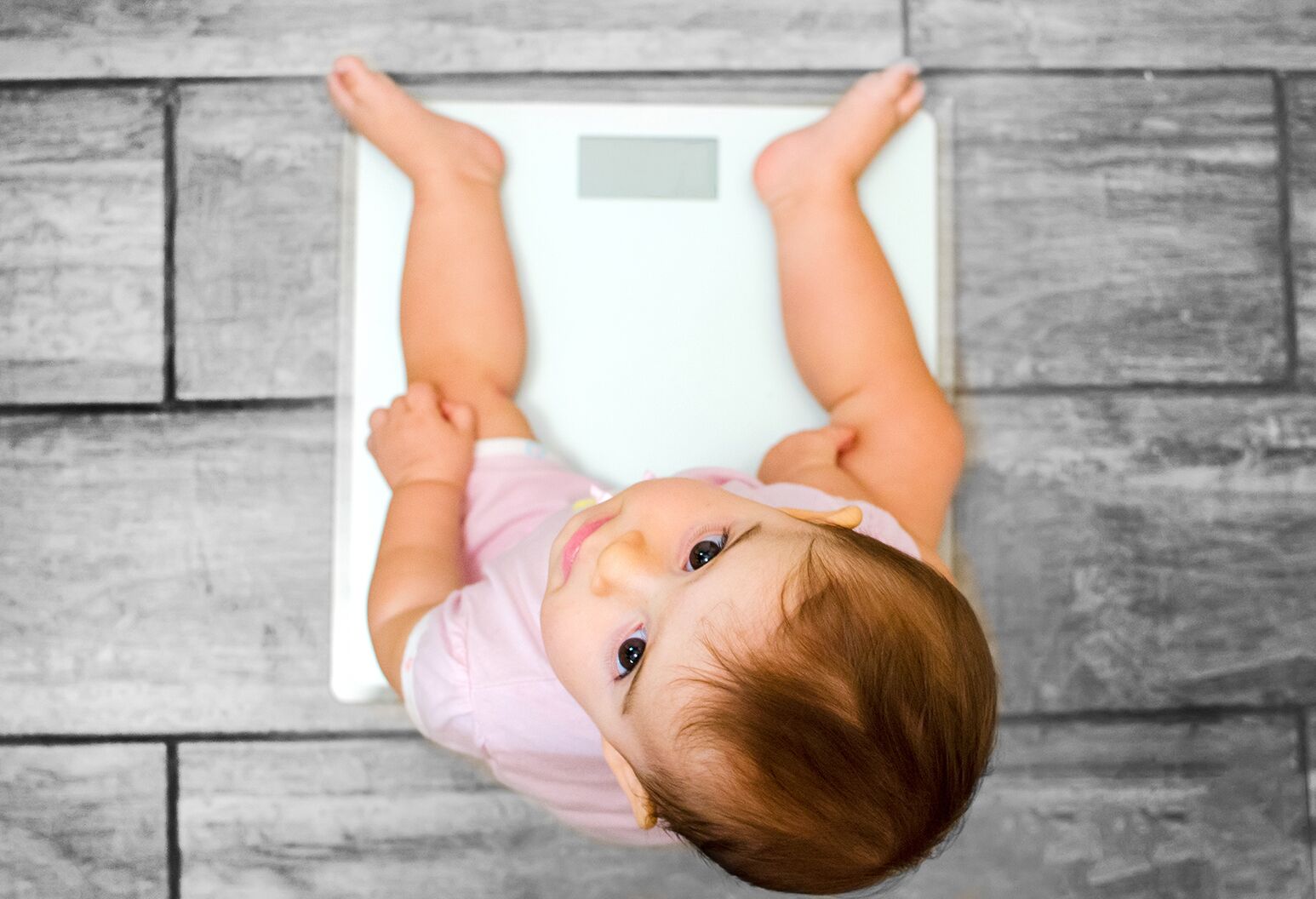parenting
My Ex Doesn't Want To Co-Parent

Worried about your baby’s weight gain? Here’s what you need to know.
3 min read
Our baby is excelling at a lot during his brief time outside of the womb. For example, cuteness? Knocking it out of the park. Cuddling? Crushing it. Sleep? OK fine, could use some work but we know he’ll get there. But one place we’re just not sure where he falls is with his weight. Since I’m breastfeeding it’s hard to know if he’s actually getting enough food in, and whether he’s gaining enough weight or not. Is there a magic number we should be aware of, and how are we supposed to know outside of our doctor’s appointments if he’s gaining enough weight?
Sincerely,
“One Big Weight Worrier”
Weight gain (and loss) is certainly a topic that’s heavy on the mind of many new parents. That’s because weight is one of the vital signs that helps us determine if the baby is well-fed or dehydrated, particularly as an infant. It’s important to keep in mind that it’s completely normal for a newborn to have up to a 10% weight loss after birth. This is simply because they are born with extra fluid, and shed it post-birth. However, by 10 to 14 days of life, your newborn should have regained that weight. From there, they should continue to gain roughly an ounce a day. This trend will stay steady up to 6 months of age.
By providing your email address, you agree to receive email communication from The Well.
Every baby is different, of course, and having a target number can make new parents feel crazy. Some babies may gain half an ounce a day and for their growth, that’s normal. So it’s important to try not to get too hung up on the exact amount of weight they are gaining. What your pediatrician will look for in the office—and what you can look for at home too—is how the baby looks, along with their bodily habits. Are they urinating and pooping well? Are they spitting up so much they aren’t able to keep enough food down? If they are not urinating and pooping frequently or are spitting up an excessive amount, your baby may be dehydrated and/or not gaining enough weight.
Weight gain can be especially tricky for breastfeeding mothers, simply because they don’t know how much they are feeding the baby in those early days. This is one of the reasons why you visit your pediatrician so much during the first few weeks and months of life. Not gaining weight can help us troubleshoot with breastfeeding (i.e., perhaps the baby isn’t latching correctly, which a lactation consultant can help with) or formula-fed babies who perhaps need reflux precautions taken while feeding.
If your baby isn’t gaining the proper amount of weight, it’s important not to panic.
Babies can catch up in the weight department extremely quickly, and as long as the needle is moving in a positive direction, no matter how slowly, there’s plenty of time for them to catch up. Weight is never just weight by itself. It’s weight and disposition—if the baby is alert when they should be, comfortable after eating, and giving you lots of dirty diapers, the weight gain will follow. What frequent weight checks help your pediatrician do is perhaps shine a light on a reason why the gain is not there, whether it’s from not waking them frequently enough to eat at night, a latching or reflux concern, or something else.
The Well is Northwell Health’s commitment to the future of health care. In this time of information overabundance, much of which is inaccurate, unhelpful, or even difficult to understand, Northwell Health is on a mission to make a difference as an honest, trusted, and caring partner. The site connects with consumers to provide them with personalized content that reduces their stress, makes them laugh, and ultimately feel more confident and capable on their healthcare journey.